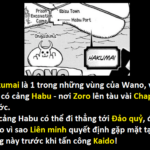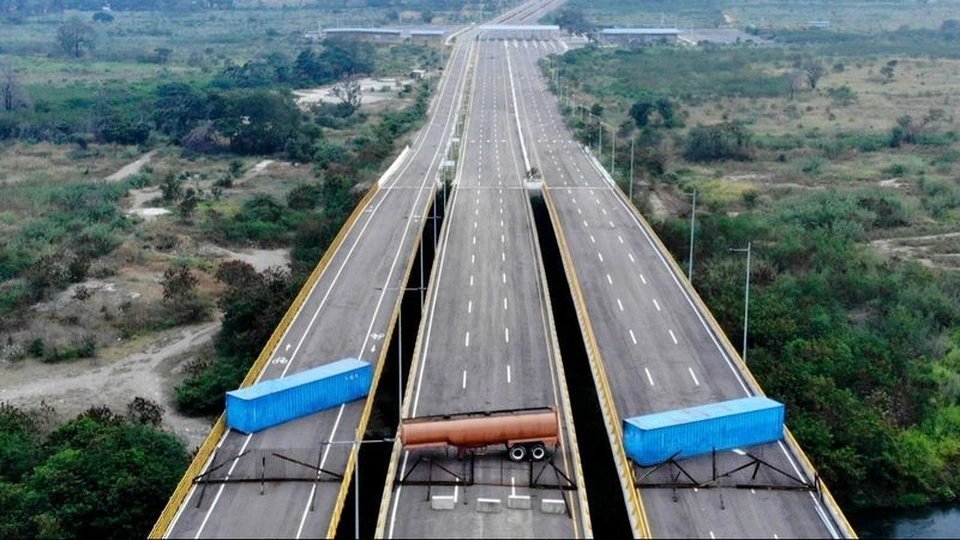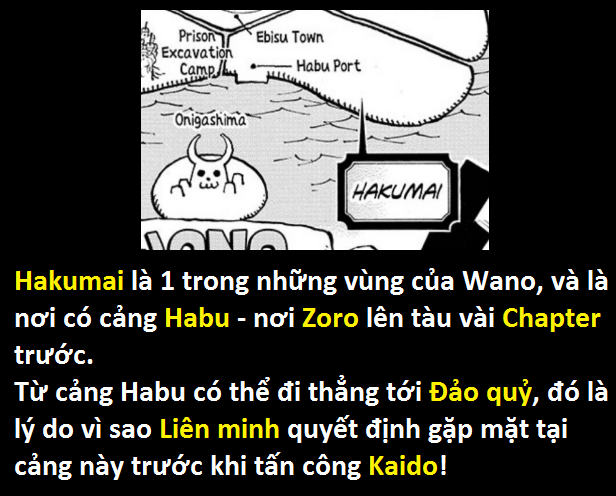(Dan Tri) – The Venezuelan government under the leadership of President Nicolas Maduro has blocked the bridge on the border with Colombia to prevent aid called for by the opposition even though the South American country is in trouble.
Declaring `not begging`, Venezuela set up a barrier to block foreign aid
Venezuelan soldiers set up fences, used oil tankers and containers to block aid goods from passing through the Tienditas bridge connecting Venezuela and Colombia.
At noon on February 6, some images published by the media showed that Venezuelan soldiers deployed an orange tanker and 2 blue containers to block the Tienditas international bridge connecting the city of Cucuta, Colombia and
Cucuta is one of three international humanitarian aid reception points that opposition leader Juan Guaido, who declared himself interim president of Venezuela last month, called for in the context of the South American country facing
A Colombian government official said the convoy carrying goods aided by the US left Colombia’s capital Bogota at 11 a.m. yesterday and was on its way to Cucuta.
Current President Nicolas Maduro has repeatedly denied information that Venezuela is facing a humanitarian crisis and refuses to accept international aid.
“We are not beggars,” President Maduro told soldiers this week.
Venezuela’s Foreign Ministry also rejected international support for `interim president` Juan Guaido, saying that European governments are acting as part of a US-led effort to overthrow President Maduro.
On February 4, Canada hosted a meeting of the Lima group, which brings together governments in the Latin American region against Venezuela, to discuss how the international community can further support the Venezuelan people, including supporting
German Foreign Minister Heiko Maas said Germany has provided aid worth 5 million Euros (5.72 million USD) to Venezuela.
During the opening session of the Lima group meeting, Canadian Prime Minister Justin Trudeau announced that he would contribute 53 million Canadian dollars (40.4 million USD) in aid to Venezuela.
The US Agency for International Development (USAID) also began packaging food to ship to Venezuela after US national security advisor John Bolton last week announced the donation of humanitarian aid to the South American country.
Opposition leader Juan Guaido described the current situation in Venezuela as an `emergency crisis` and announced that humanitarian aid would begin to flow to Venezuela in the coming days.
It is estimated that more than 3 million Venezuelans have left the country due to shortages of food, medicine and basic necessities.
The US sets conditions for easing sanctions
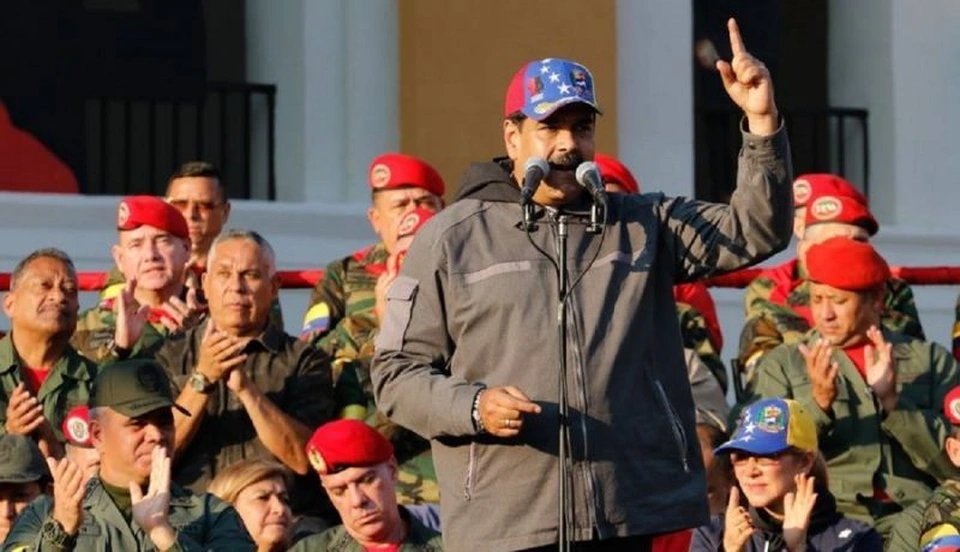
President Maduro developed before the Venezuelan army.
In comments on Twitter on February 6, US National Security Advisor John Bolton called on Venezuelan military officers to support self-proclaimed president Juan Guaido, otherwise they will face the consequences.
“The United States will consider easing sanctions on any high-ranking Venezuelan military officer who stands on the side of democracy and recognizes the legitimate government of president Juan Guaido.
The US has imposed sanctions on more than 65 current and former Venezuelan officials, including many high-ranking figures in the Venezuelan military.
Russia’s reaction
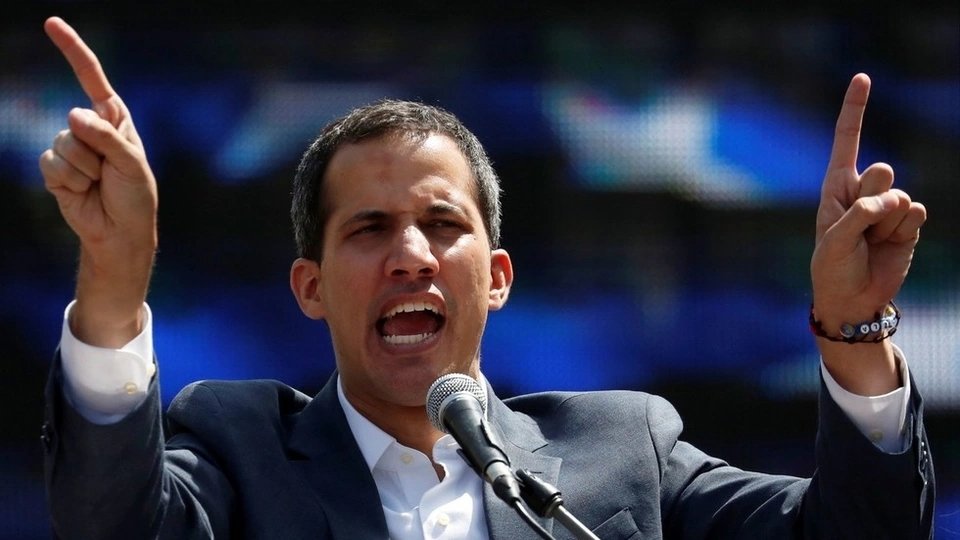
Self-proclaimed President Juan Guaido.
Russian Foreign Ministry officials recently continued to affirm that Moscow has no contact with Venezuela’s self-proclaimed president Juan Guaido.
“Our analysis of the situation (Venezuela) shows that Mr. Guaido is absolutely not an independent politician.
Although Mr. Schetinin did not specifically name the `other country` that Russia said supported Mr. Guaido, RT news agency (Russia) stated that Mr. Guaido is receiving strong support from the US.
Previously, Mr. Guaido announced that he had sought to contact Russia and China to gain the support of the two countries, although Moscow and Beijing have confirmed that they only support Mr. Nicolas Maduro as the only legitimate president of Venezuela.
Britain, France, Spain, a number of European countries and most Latin American countries have recognized interim president Juan Guaido, while Iran and Türkiye still side with the Maduro government.
Success
Synthetic
